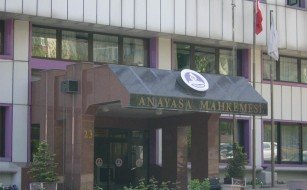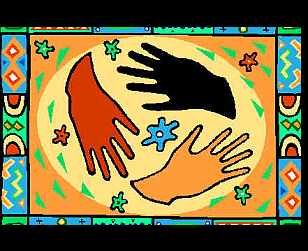"Flag of Blood" Inspired by Biology Class
The twenty pupils who sent the General Staff a flag which they had made with their own blood had said that they learned to prick their finger with a pin in their biology class, where they had done an experiment to determine their blood group.
The pupils had been moved to make the flag after 12 soldiers were killed in Daglica, Hakkari, in October 2007.
Biology teachers that bianet spoke to said that blood groups were part of the curriculum of the 11th year, and that such experiments were carried out.
Mustafa Sütlas, health rights activist, has warned that if the instruments used in the experiment were not clean, then microorganisms could make a child ill. If the instruments were used by more than one person, there was a high risk of infection with illnesses such as hepatitis, HIV +, etc.
According to the teachers, there were no mechanisms in place at school to monitor the sterility of instruments; whether the experiment was carried out in a healthy manner was left up to the teacher's awareness.
Danger of contact with blood from others
The idea of making a flag with blood, which the pupils got from this experiment, is very risky in terms of the pupils coming into contact with other people's blood. A teacher in Istanbul said that illnesses were spread via the mouth, the nose and blood. The same teacher also said that hepatitis was very common in Turkey, and that the pupils' act was quite dangerous, considering the likelihood of contact with blood from the others.
Are such experiments legal?
Sütlas criticised the fact that the experiment in class represented a possible crime. "There are two conditions for such an action to be legal. First, the person the action is carried out on needs to be in need of it in terms of health; second, the person needs to consent. If the person carrying out the action is not certified to do so, then even if the two conditions mentioned above are fulfilled, the action is considered a crime. Pupils need to be informed about taking blood and the aim of the action."
No control of sterility conditions by schools
Of the three teachers we spoke to, two used disposable lancets, while the third used pins: "We heat the pin with a lighter and clean it with alcohol, or at least sterilise it with fire from a match."
Sütlas evaluated these methods: "Lancets or sterile injection needles can be used to take blood from a finger, or a pin which has been heated to 800 or 900 degrees with a lighter and then sterilised with alcohol. However, the person doing this must have a diploma in health care because many illnesses can be spread through blood."
The teachers pointed out that they were not given any information on how to obtain the blood and that no instruments were provided. (GG/TK/AG)
AKP: “Closure Trial will Give Us 70 Percent of the Vote”
Reactions to AKP Closure Request

Peace Initiative: Operations Not the Solution
IPS Communications Foundation and Press Now Organised Workshop in Antalya
Headscarves Not “In the Clear” Yet









